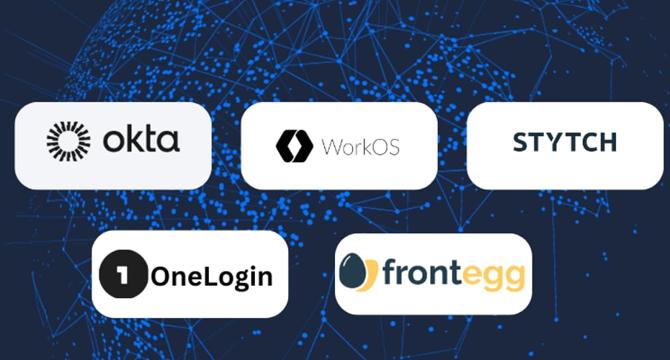Dev
2w
264

Image Credit: Dev
What is SCIM Provisioning: In-Depth Guide [2024]
- The ability to outsource and automate repetitive daily tasks is at the core of why SCIM provisioning exists.
- SCIM provisioning involves setting up an automated workflow that caters to the following needs. Assigning new user accounts or provisioning users. Updating roles and access levels as needed. Safely removing user identites when they are no longer in use, also known as de-provisioning users.
- The System for Cross-domain Identity Management(SCIM) is an open web standard that serves this purpose of providing a way to easily authenticate users of your app across third party services.
- By providing a standardized API and data model, SCIM makes automated user provisioning, de-provisioning and management possible across various clouds apps.
- Once the fundamental ingredients as defined in the specification documents are fulfilled, implementing your customized SCIM server is achievable.
- Important features to look out for when weighing and eventually selecting a SCIM provider, include compatibility with existing systems, ease of integration and deployment, security features and compliance, scalability and performance, customer support and documentation.
- Okta, WorkOS, Frontegg, Stytch and OneLogin were listed among the top SCIM providers for 2024 based on their features, pros and cons.
- Choosing a SCIM provider can be a weighty decision. Common pitfalls engineering teams face during selection process include overlooking compliance of SCIM providers, failure to evaluate compatibility and setting wrong expectations.
- The summary also provided SCIM Provider recommendations based on specific needs and scenarios such as for Education and Healthcare industries. Related readings were also shared.
Read Full Article
15 Likes
For uninterrupted reading, download the app